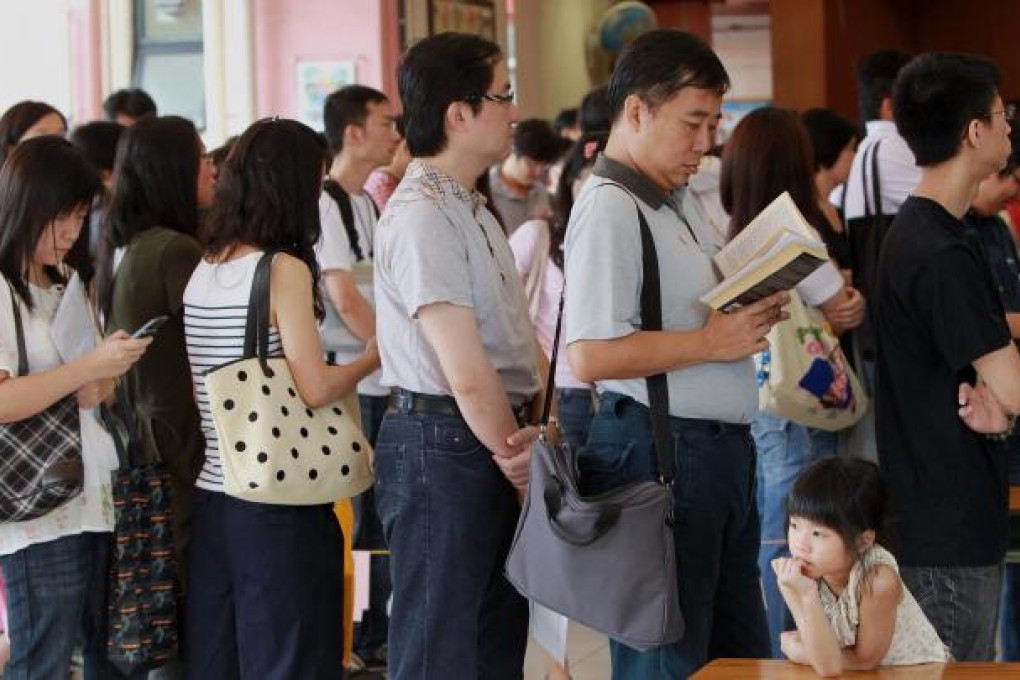
It is true that fewer schools in Hong Kong have Parent Teacher Associations. They started in the 1800s as a way to introduce more "mothering" into children's education. Given that here most mothers work and depend on their helpers for the daily care of their family, it is little wonder that PTAs have not really caught on in Hong Kong.
International English schools usually support PTAs with parents selling uniforms, collecting for charitable events, raising money for equipment or books, etc. They may also organise a list of mother helpers to support small group activities.
PTAs today include fathers and may be more vocal in trying to influence school boards over perceived problems in the school. As such, many local schools do not welcome these associations because of the loss of power they seem to present.
Some PTAs influence the curriculum in ways that create more work for teachers. A PTA needs a teaching representative to relay back to the teachers, as many times what the parents ask for could result in more work for the teachers, giving them less time to spend on their students. PTAs need to listen to both sides of the story.
If your child's school does not have a PTA, you can approach the school about starting one. However, you might want to ask around. If there is any negative historical background on the issue, it is best not to stir things up again. There are many ways you can support your children's school without causing disruption.
Ask the teacher and let them know you are interested in doing some small group work with any children they think need extra help. Most likely this will not be with your own children. Having a parent come in and help, even with other children, can have a calming and focusing effect on your children. They feel a sense of pride in pointing out their mum. Teachers often find the best behaved students have more involved parents. Children may be showing their best behaviour to the teacher to make parents proud or reflecting expectations you set at home.